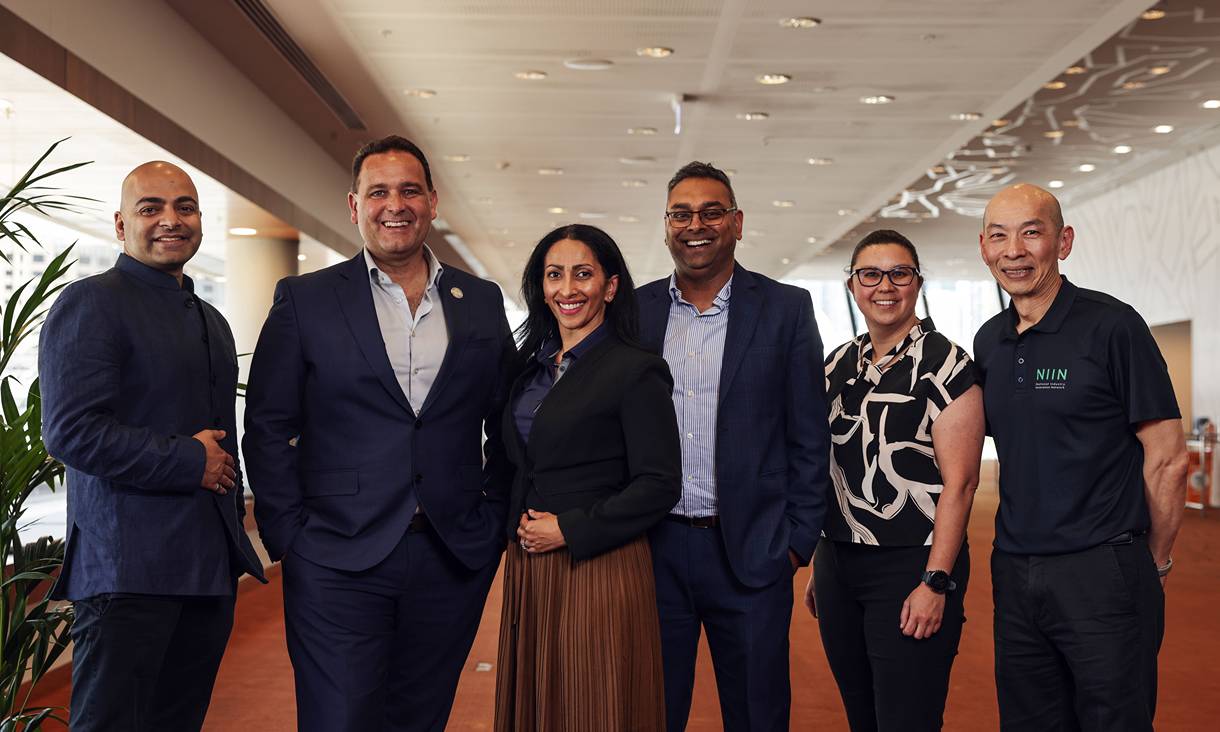Gift giving
Dr Jozica Kutin (0424 652 115 or jozica.kutin@rmit.edu.au)
Topics: Financial abuse, economic abuse, young adult relationships, Christmas
“When it comes to gift giving this Christmas, young couples could feel pressured to buy their partners expensive gifts to prove their love, despite the fact that repeated demands and disregard for their financial wellbeing or security is abusive.
“My research revealed that unreasonable and frequent demands for expensive presents in young adult relationships were bordering on, or were, a form of financial exploitation.
“Many young adults have been financially destabilised due to COVID-19. While it might be tempting to act as if everything’s normal and to continue to demonstrate your love with extravagant and expensive presents, it’s important to discuss your budget expectations for Christmas presents or holidays together.
“In relationships everything needs to be negotiated – that’s why it’s a partnership. Going on holidays means you need to consider each other’s financial situation, not just that of the highest earner or their capacity to put it all on the credit card.
“We have produced a financial capability toolkit aimed at helping young adults manage their money better in relationships and avoid exploitation. For more information see www.youmemoney.org.au.”
Dr Jozica Kutin is a researcher in the School of Economics, Finance and Marketing at RMIT University. Her research focuses on (preventing) economic abuse in young adult relationships, development of relationship-based financial capabilities and financial wellbeing. She has been leading a team at RMIT with YLab and Today Design, to develop a toolkit for young adults about money and love funded by the Ecstra Foundation launched mid November 2020 – http://youmemoney.org.au.
Cyber scams
Professor Matt Warren (0432 745171 or matthew.warren2@rmit.edu.au)
Topics: cyber security; information security; cyber warfare; critical infrastructure protection; cyber terrorism; cyber security policy; computer ethics; small business and cyber security; hacking; information warfare, fake news
“We have seen during the COIVD-19 pandemic people are using technologies to order more items online.
“However, these new technologies have meant new ways for scammers to spread their dishonesty.
“The enhanced sophistication of scammers has meant it is becoming increasingly harder to tell the difference between legitimate and fraudulent emails, instant messages, SMSs or phone calls.
“Christmas is a special time for scammers as they prey on people’s generosity and the fact that people are hunting for bargains. If someone comes across a deal that’s seem too good, it could very well be a scam and you could end up with nothing.
“To find out more information about scams or to report a scam, visit the government web-site: https://www.scamwatch.gov.au/”
Matthew (Matt) Warren is the Director of the RMIT University Centre for Cyber Security Research and Innovation and a Professor of Cyber Security at RMIT University. He is a researcher in the areas of Cyber Security and Computer Ethics.
Consumer and marketing trends
Associate Professor Con Stavros (0411 231 371 or con.stavros@rmit.edu.au)
Topics: retail marketing, consumer spending, consumer trends, consumptive practices, branding and promotion
“For small businesses in particular who have clung on over the past months, the beacon of hope that the Christmas sales period brings will be one that must deliver for them this year.
“The growth of online retailing and the massive acceleration that this mode of transacting received in 2020 due to the pandemic adds extra layers of complexity for traditional bricks and mortar retailers.
“For many of these retailers the allure of 'click and collect' is especially enticing and exciting in that it not only means a purchase but is also a reason for the customer to enter the store to pick-up their item, thus opening the door to other sales opportunities.
“As for consumers themselves who have had to live through difficult times and financial uncertainty there is a sense that they are ready to open their wallets and spend up, perhaps as a reward for themselves or a need to seek some normality.
“While many have become adept online shoppers the allure of buying in person remains, so the major shopping centres will likely remain full of activity.”
Associate Professor Con Stavros is a marketing expert in the School of Economics, Finance and Marketing at RMIT. He is a regular media commentator on all things marketing and is particularly interested in the intersection between technology and consumption.
***
For media enquiries, please contact RMIT Communications: 0439 704 077 or news@rmit.edu.au




